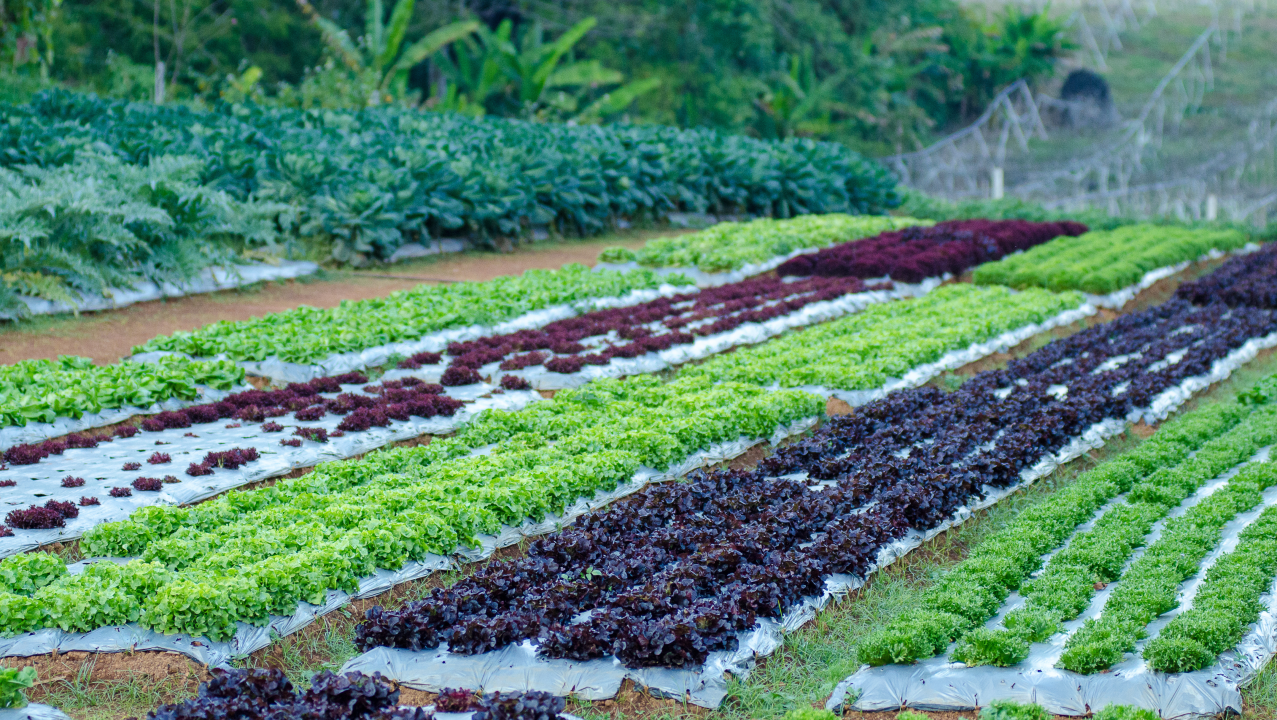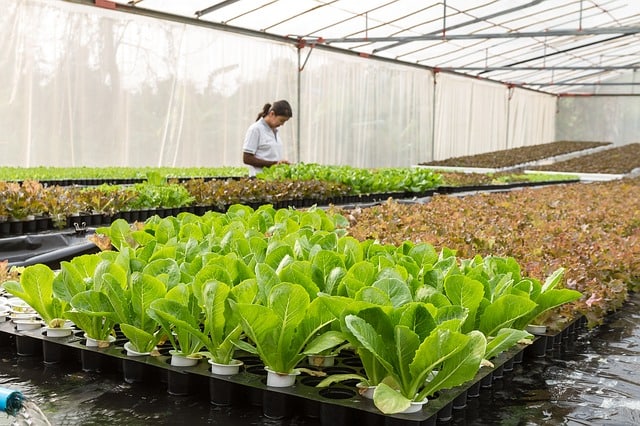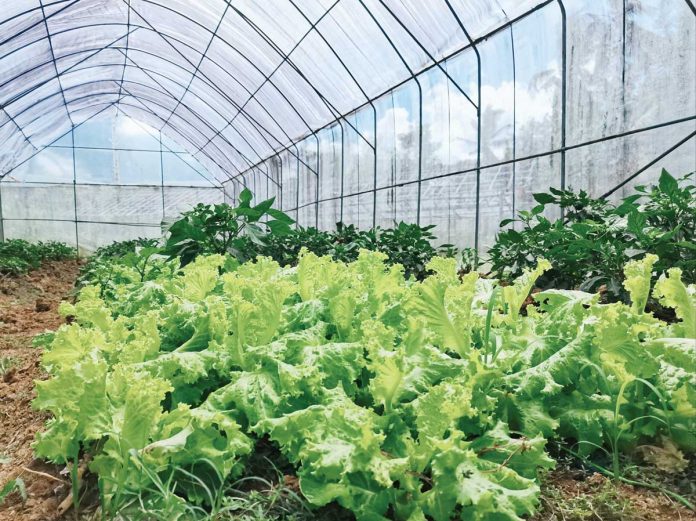
Advocating for Organic Farming at Scale
Organic farming is a sustainable and environmentally friendly farming system that relies on natural inputs and processes, avoiding the use of synthetic chemicals and genetically modified organisms. It focuses on enhancing soil health, conserving water, and promoting biodiversity. Advocating for organic farming at scale is crucial for several reasons, including its positive impact on the environment, human health, and rural economies. In this essay, we will examine these reasons and explore how organic farming can be promoted on a larger scale.
One of the main reasons to advocate for organic farming at scale is its positive impact on the environment. Unlike conventional farming methods, organic farming practices do not pollute the soil, water, or air with synthetic pesticides, herbicides, or fertilizers. This helps mitigate water pollution, protect biodiversity, and preserve valuable ecosystems. For example, organic farmers use natural pest control methods, such as crop rotation and companion planting, to reduce the need for chemical pesticides. This not only protects beneficial insects and wildlife but also prevents the accumulation of chemical residues in the environment.

Furthermore, organic farming promotes soil health and fertility by maintaining organic matter and microbial diversity in the soil. This helps improve soil water-holding capacity, reduce erosion, and increase nutrient availability for plant uptake. Organic farmers also prioritize soil management practices, such as cover cropping and composting, which enhance soil health and long-term productivity. In contrast, conventional farming often degrades soil quality over time, leading to erosion and decreased agricultural productivity. By advocating for organic farming at scale, we can mitigate soil degradation and promote sustainable land management practices.
In addition to its environmental benefits, organic farming also positively impacts human health. Chemical residues from conventional farming practices can contaminate food and pose health risks to consumers. By eliminating the use of synthetic pesticides and genetically modified organisms (GMOs), organic farming reduces exposure to harmful chemicals and allergens. Numerous studies have shown that organic foods are often higher in nutritional value and free from pesticide residues, making them a healthier choice for consumers.
Furthermore, organic farming prioritizes animal welfare by promoting pasture-based systems and avoiding the use of growth hormones and antibiotics. Organic livestock farming ensures animals have access to outdoor spaces, clean air, and a natural diet. This not only improves animal welfare but also leads to the production of healthier and higher-quality animal products for human consumption.

Advocating for organic farming also benefits rural economies. Organic farming can provide economic opportunities for small-scale farmers by tapping into the growing consumer demand for organic products. By adopting organic farming practices, farmers can access premium markets and increase their income. Additionally, organic farming often requires more labor-intensive practices compared to conventional farming, providing employment opportunities in rural areas. This can help revitalize rural communities and reduce rural-urban migration.
Promoting organic farming at scale, however, comes with its challenges. One of the main obstacles is the lack of knowledge and awareness among farmers about organic farming practices. Many farmers are hesitant to transition to organic farming due to the perceived risks and uncertainties associated with the change. Therefore, educating farmers about the benefits of organic farming, providing technical assistance, and sharing success stories from organic farmers can help overcome this barrier.
Another challenge is ensuring market access and fair prices for organic products. The demand for organic products is increasing globally, but the supply chain for organic products is still developing. Organic farmers often face challenges in accessing markets and may not receive fair prices for their products. Advocating for supportive policies, such as organic farming certification and labeling standards, can help build consumer confidence and ensure fair market access for organic farmers. Additionally, creating local and regional markets for organic products can reduce transportation costs and benefit small-scale farmers.
Investing in research and development is also crucial for promoting organic farming at scale. More research is needed to develop innovative organic farming techniques, improve crop yields, and enhance pest control strategies. By investing in organic farming research, we can address the challenges faced by organic farmers and develop scalable solutions.
Conclusion:
In conclusion, advocating for organic farming at scale is essential for several reasons. It has a positive impact on the environment by reducing pollution, preserving biodiversity, and promoting sustainable land management practices. Organic farming also benefits human health by providing healthier and pesticide-free food options. Additionally, it offers economic opportunities for small-scale farmers and contributes to rural economies. To promote organic farming at scale, education, supportive policies, market access, and research investments are needed. By embracing organic farming, we can create a more sustainable and resilient agriculture system for future generations.
All Categories
- Agricultural Methods
- Agriculture and Women Small Farmers Rights Awareness
- Climate Change
- Disable and Human Rights
- Disable Jobs
- Donation
- Education
- Health Issues
- Organic Foods
- Organic Vegetables
- Orphans Children
- Plastic production and disposal
- Services
- Sinking in Scarcity
- Success Stories
- Uncategorized
- Waste Management
- Women Rights
- Youth Empowerment




